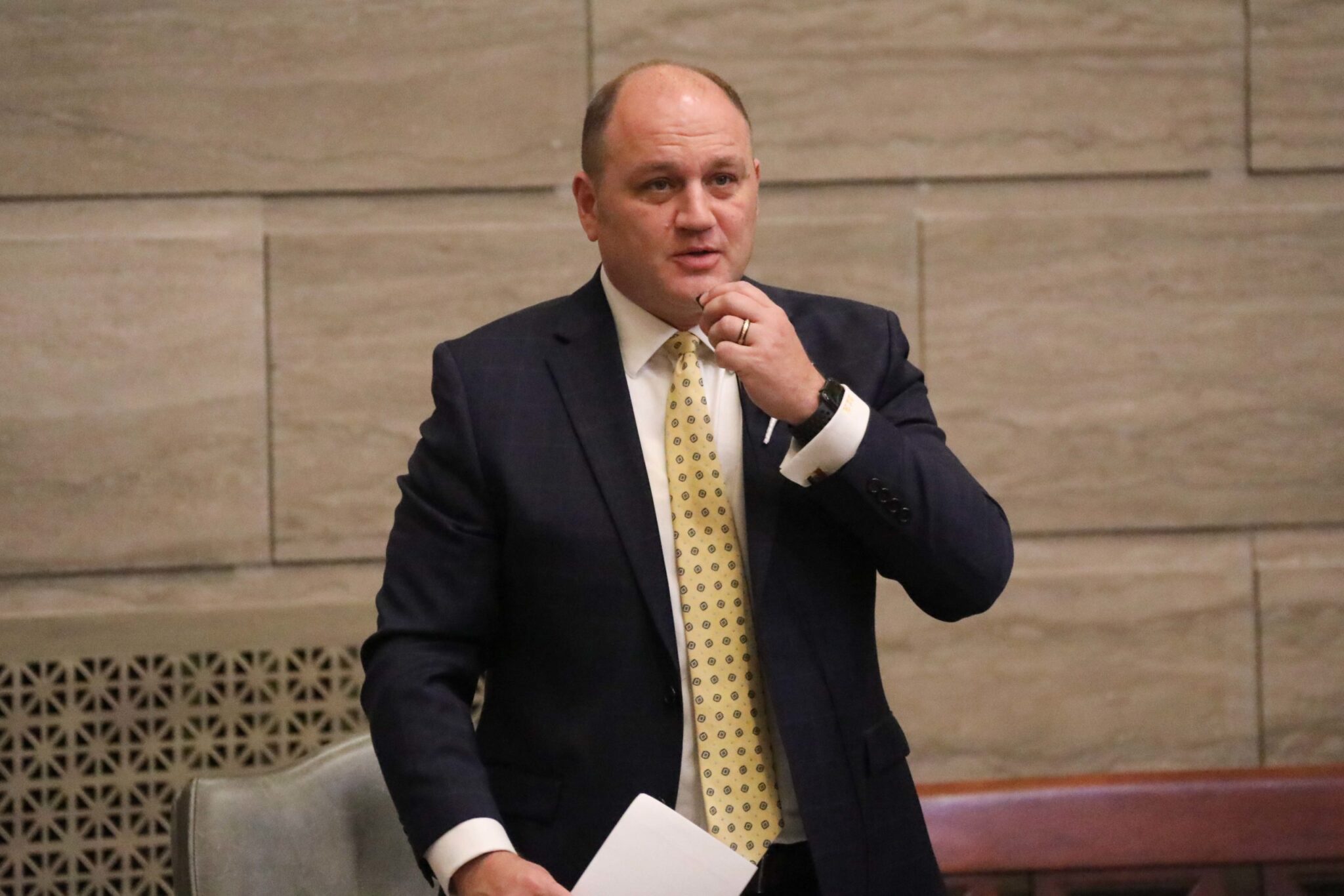Betting Blitz Blocked: Missouri's Sports Gambling Debut Pushed to Autumn

Missouri's sports betting landscape is facing an unexpected roadblock as a legal dispute over emergency gaming regulations threatens to push back licensing timelines into the fall. The Missouri Gaming Commission's attempt to establish rules for sports wagering has been complicated by ongoing legal challenges, creating uncertainty for potential operators and eager sports fans alike.
The dispute centers around the commission's emergency rulemaking process, which has become a significant hurdle in launching the state's long-anticipated sports betting market. What was hoped to be a swift implementation now appears to be delayed, leaving stakeholders in a state of suspense about when sports betting will finally become a reality in Missouri.
Industry insiders and potential licensees are closely watching the situation, understanding that these regulatory challenges could substantially impact the timeline for launching sports wagering in the state. The delay means that sports enthusiasts and betting operators will likely need to exercise patience as the legal and regulatory details are meticulously worked out.
While the exact resolution remains unclear, one thing is certain: Missouri's sports betting market will not be launching as quickly as many had originally anticipated. The fall now seems like the most probable timeframe for potential licensing and market entry.

